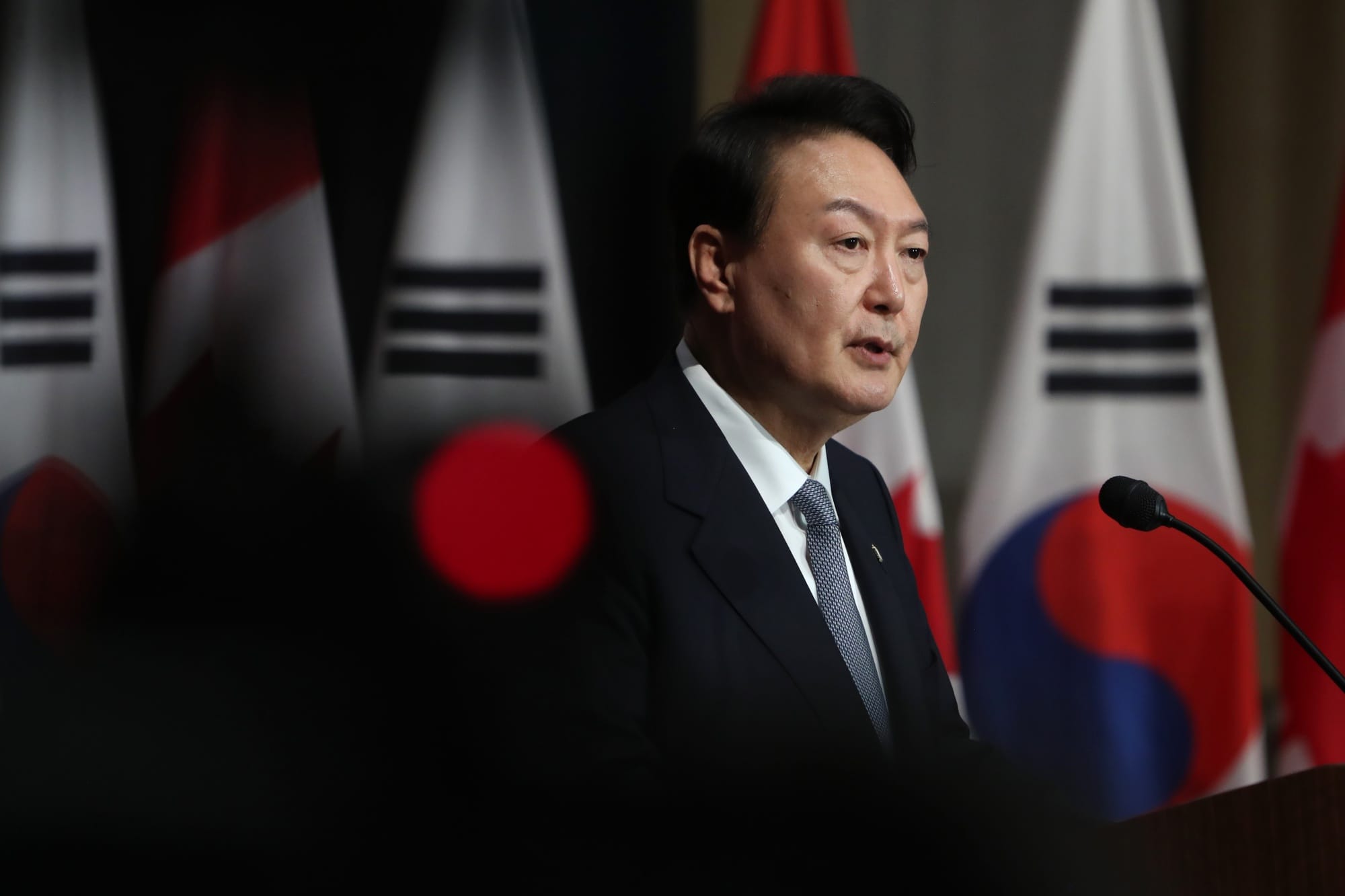South Korea’s political landscape has been significantly disrupted by the formal charging of President Yoon with insurrection. This charge stems from a considerable investigation into actions taken by the current administration, specifically concerning the planning and preparation for potential implementation of martial law. The investigation was initiated after a series of leaked documents and testimonies suggested that the administration had been engaging in discussions about deploying the military and suspending certain civil liberties under the guise of maintaining public order. These discussions, detailed within leaked communications, included contingency plans and logistical arrangements that seemed to go beyond standard emergency preparedness. The specifics of the plans included the potential takeover of key government buildings, restrictions on media outlets, and limitations on freedom of assembly. The timing of these discussions and preparations also falls into question, raising concerns about whether the administration was considering taking these steps during a period of political instability, or whether they were intended to strengthen the power of the executive branch. The official charges claim that these actions were not merely hypothetical scenarios but actual attempts to undermine the country’s democratic institutions and should be viewed as an illegal act of insurrection. The prosecution will attempt to demonstrate the existence of a direct intention to use military power to subvert the democratic process. This case is unique as it targets a sitting president and raises several legal and constitutional questions. The constitutional processes for trying a sitting president are complex. The national assembly must vote to initiate a process and may lead to the president stepping down, if he is deemed guilty. However, the process of a sitting president being prosecuted is rare in South Korea. The charges have sparked considerable public debate, with large-scale protests both for and against the president and his administration. The supporters of the government have claimed that the actions under investigation were merely contingency planning designed to protect the country from unforeseen emergencies and that the investigation is part of a coordinated political attack. Opponents argue the actions were an overt abuse of power that threatens to undermine the fragile democratic system and demonstrates a lack of transparency. The international community has closely watched the developments as they are of significant importance to South Korea’s reputation and international relations. Several foreign countries have called for transparency and a fair trial for the president to ensure that the South Korean justice system is being impartial and unbiased. The current situation creates a political environment of uncertainty, and may cause shifts in the country’s economic and social landscape. The outcomes of this situation will likely impact not just domestic South Korean politics, but also regional and global relations. The legal proceedings are expected to be protracted and complex, involving expert witnesses, constitutional debates, and the review of large quantities of evidence. The court’s ruling will have significant implications for the future of the presidency in South Korea, and will set a precedent for how future administrations handle emergency situations. The ongoing investigation will likely uncover further details concerning these alleged actions. The case serves as a reminder of the importance of accountability and the need to safeguard democratic principles. The developments in South Korea are a key moment for the country’s democratic trajectory and its political institutions.
South Korean President Faces Insurrection Accusations



